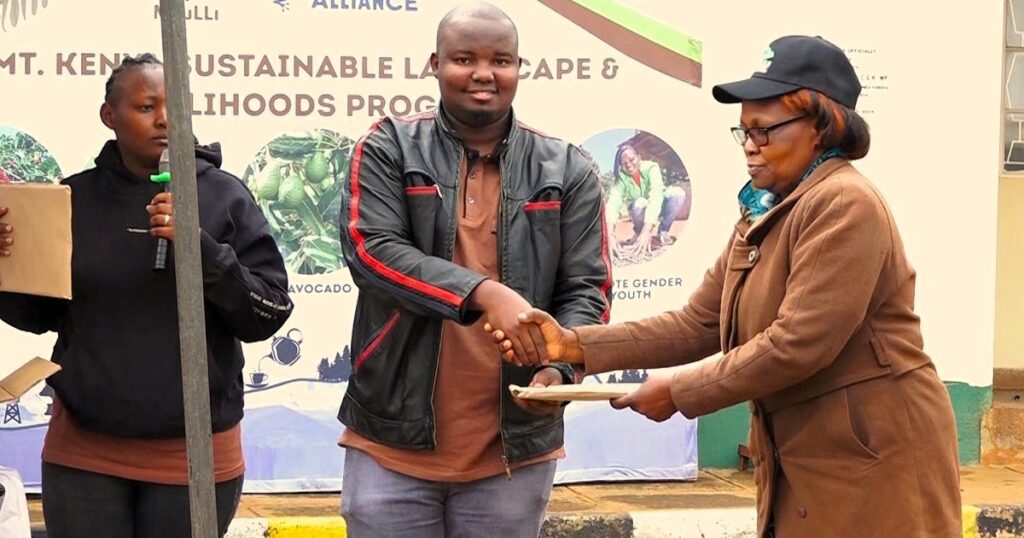Over 2,900 tea farmers in Embu County have successfully completed a six-month intensive training programme designed to enhance their resilience against climate change and diversify their income sources. The initiative focused on equipping farmers with practical, adaptable skills to improve production, ensure household food security, and address the challenges of shrinking land sizes and unpredictable weather patterns.
The programme introduced climate-smart farming techniques such as improved soil and water management, riparian zone protection, agribusiness practices, home economics, and value addition. Farmers also explored crop diversification methods to supplement tea farming, enabling them to generate alternative income streams throughout the year.
The training emphasised building agricultural systems capable of withstanding the effects of climate change, economic fluctuations, and pest outbreaks. By adopting sustainable land-use practices, farmers are now better positioned to maintain and increase yields even during adverse conditions.
One of the key aspects of the programme was encouraging farmers to venture into value-added products and other agribusiness opportunities. This included yoghurt production, soap making, and small-scale food processing skills that participants believe will help boost their household incomes while reducing over-reliance on tea alone.
The training also sought to connect farmers with better market opportunities, expanding their reach beyond traditional buyers and increasing their bargaining power. The current phase of the project targets farmers from multiple tea factories, aiming to reach 14,000 directly and benefit an additional 25,000 indirectly.
At the Kathangariri Tea Factory graduation ceremony, there was a strong sense of optimism among participants and stakeholders. Farmers expressed gratitude for the knowledge and practical skills gained, noting that the approach has already begun to change their farming and business outlook.
Many beneficiaries believe the lessons learned will not only improve production and incomes but also contribute to stronger community resilience. By combining climate-smart practices with diversified farming, Embu’s tea farmers are now better equipped to face future challenges, protect their livelihoods, and enhance their quality of life.
This training marks a significant step towards sustainable agriculture in the region, positioning farmers to thrive despite the growing threats posed by environmental and economic pressures. Through continued innovation, market access, and resilience-building efforts, Embu’s tea sector is set for a more sustainable and prosperous future.

